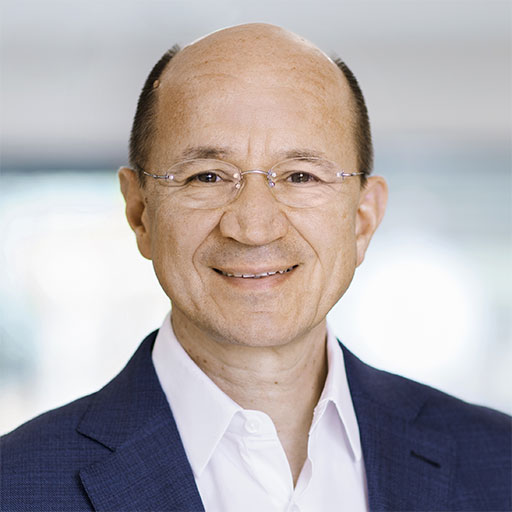Language: the dominance of still and moving images had almost made us forget it. Now concern is increasingly being voiced about the growing brutalization, instrumentalization, and simplification of the written and spoken word in public debate.
It’s a subject that is being looked at from very different angles. Writing in an in-house publication, Thomas Köhler and Jochen Roose from the “politics and advisory” think-tank of the Konrad Adenauer Foundation postulate a fundamental shift in German language use and public debate, “including dangerous and toxic rhetoric.” In her analysis of the growing dissonance between political establishment and the (especially young) electorate, the political scientist Astrid Séville speaks of a technocratic “political sound” that is based less on authenticity and practicality and more on ideological demarcation. The upshot of this, she says, is that latent apathy is transformed into undisguised hostility. Calls for a popular party with millions of voters to be consigned to the scrap heap of history seem to be the logical consequence of such an argument. They also turn language into an ethical challenge. When confronted with terms such as “locusts” for private equity companies and “mafia” for agribusinesses, Henning Lohn, the director of the Leibniz Institute for the German Language in Mannheim, calls for linguistic disarmament to ensure that complex subjects are given a nuanced hearing.
When looking for the causes of such ubiquitous linguistic unruliness, people point especially to the way the basis of public discourse has shifted, due to social fragmentation, economic and political globalization, and the digitalization of the media. At the same time, we have to consider the changed circumstances under which each individual speaks or writes. Here, we can see the effect of the ever shorter time spans of undivided attention devoted to the information conveyed by language. In a recently published study about the use of smartphones during personal conversations, the U.S. sociologist Brad Ictech concludes that “cross-talk” (speaking to someone by smartphone outside the face-to-face conversation) is generally accepted and – as a face-saving strategy, as it were – responded to by the other participant using their smartphone in the same way. Clearly, this involves considerable challenges for the conversation between the people actually co-present. Purely and simply, we are losing the ability to (actively) listen to each other and to communicate and understand complex messages.
Of course, communication also needs précis, distillation, and hyperbole to be successful, and soundbites are the “most important trivialities of democracy,” as the German political scientist Philip Manow aptly puts it. But language is too precious and too powerful to be treated so negligently, whether in written or spoken form. The sculptor Tony Cragg bemoans the purely utilitaristic use of language in the modern machine age: “Many words and phrases are worn, tired, and hackneyed, impoverished and practically meaningless.”
The changing habits of media use also play a role. Today, German users aged 14 and more consume moving images for some five hours a day on television and digital channels. That leaves just seven minutes a day for books, which are still the ideal medium for grasping complex material and grappling with the full potential of the written language. Not infrequently, anyone who has to quickly assimilate essential content in order to engage in dialog will have their reading done for them, or use an abstract service to serve the content up in easily digestible form. We are reminded here of the philosopher Friedrich Nietzsche, whose collection of aphorisms entitled “Morgenröthe” (Daybreak) has a piece of advice for philologists that seems eminently apt for anyone whose job has to do with language: “read well, that is to say, […] read slowly, deeply, looking cautiously before and aft, with reservations, with doors left open, with delicate eyes and fingers.”
